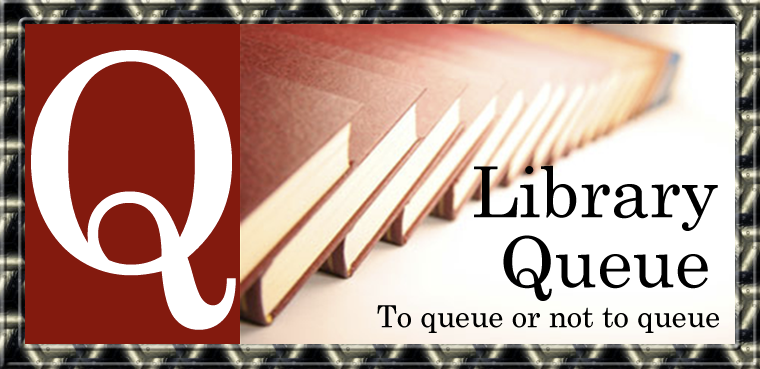 Banker to the Poor: Micro-Lending and the Battle Against World Poverty by Muhammad Yunus
Banker to the Poor: Micro-Lending and the Battle Against World Poverty by Muhammad YunusBook 28 of 100 for the 100+ Reading Challenge
Book 14 of 25 for the Support Your Local Library Challenge
Book 2 of 10 for the Orbis Terrarum Challenge (Bangladesh)
rating: 2 of 5 stars
Muhammad Yunus was an economics professor in Bangladesh in the 1970s. He started to realize that economists can talk all day long about why people are poor and theorize what is to be done, but no one ever gets down to the heart of the matter. Yunus and his students decided to find out what the poor needed to help themselves. It all started with a $27 loan from Yunus' pocket and today Yunus is the Nobel Peace Prize winning founder of the Grameen Bank and its affiliated institutions.
rating: 2 of 5 stars
Muhammad Yunus was an economics professor in Bangladesh in the 1970s. He started to realize that economists can talk all day long about why people are poor and theorize what is to be done, but no one ever gets down to the heart of the matter. Yunus and his students decided to find out what the poor needed to help themselves. It all started with a $27 loan from Yunus' pocket and today Yunus is the Nobel Peace Prize winning founder of the Grameen Bank and its affiliated institutions.
Yunus definitely gets 5 stars for starting the micro-credit lending program. The program works not only in developing countries like Bangladesh and the Philippines, but also in the developed countries like the United States. Yunus believes in the free market (his bank is profit-making) but he also believes that companies can be founded on principles of social consciousness and not just greed. He believes the less government interferes in our lives the better. I found these quotes interesting in light of the recent political/economic situation in our country:
Another way to achieve this [for the poor to have access to affordable housing, health care, and education] is to let business earn profit that is then taxed by the government, and the tax can be used to provide services to the poor. But in practice it never works that way. In real life, taxes only pay for a government bureaucracy that collects the tax and provides little or nothing to the poor. And since most government bureaucracies are not profit motivated, they have little incentive to increase their efficiency. In fact, they have a disincentive: governments often cannot cut social services without a public outcry, so the behemoth continues, blind and inefficient, year after year.I also believe that providing unemployment benefits is not the best way to address poverty. The able-bodied poor don't want or need charity. The dole only increases their misery, robs them of incentive and, more important, of self-respect.The public sector has failed. [This was in 1999.] Or at least it is on the way out despite our best efforts. Bureaucratization cushioned by subsidies, economic and political protection, and lack of transparency is killing it off. It has become a playground of corruption. What started out with good intentions became a road to disaster.
The book as a whole, however, only gets on OK rating from me. The story was told in random bits and pieces, jumping backwards and forwards in time. It was a quick read, but Yunus says a lot of the same stuff over and over again. Some details seemed unnecessary and there were other parts of the book that I really wanted to know more. It was like Yunus couldn't decide if this book was going to be an autobiography, a history of Grameen, or just one big advertisement. But, I do recommend checking out the Grameen website for a look at the amazing results of Yunus' work (especially among women) and his Wikipedia entry.
Also reviewed by:
Also reviewed by:


4 comments:
I thought this book sounded so good - I'm sorry to see it didn't live up to it's potential.
I'm a fan of his work and was kind of curious to read his book but economics isn't really my thing and it usually takes me ages to get through non-fiction books like this. If it's a fast read I still might pick it up despite the so-so review. Thanks for the review though :)
We must have more similar tastes than I realized. This is the second one for the nook that we had pretty similar reactions to! Too funny. :)
Thank you for your review.
Post a Comment